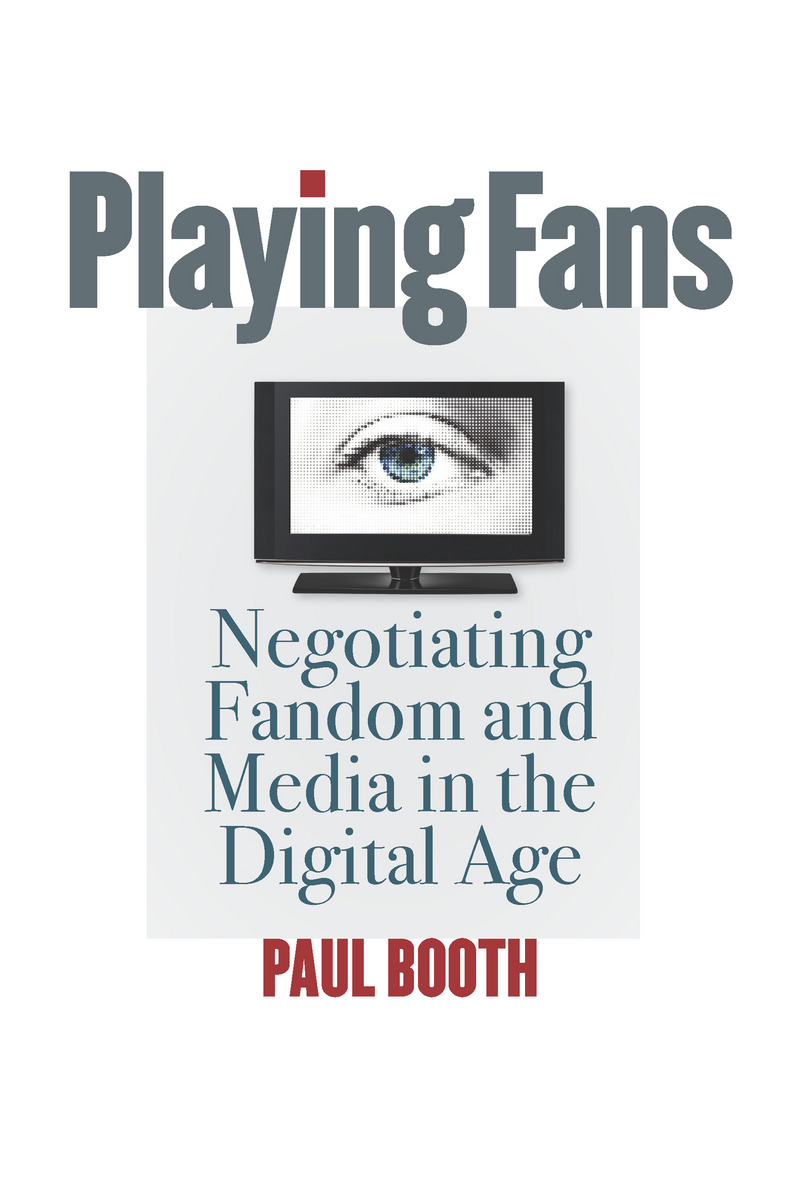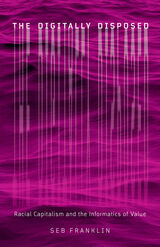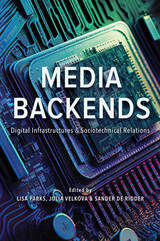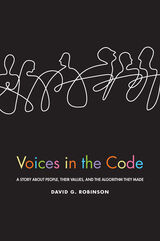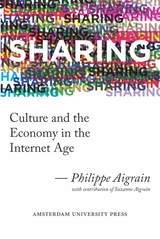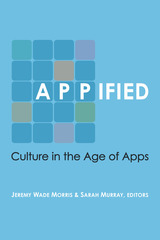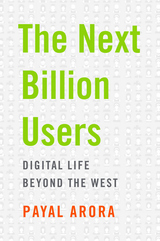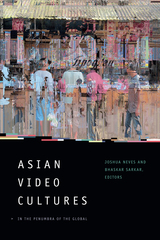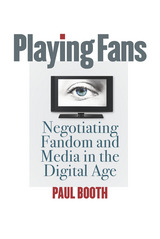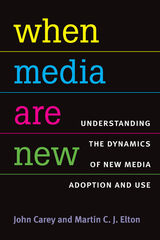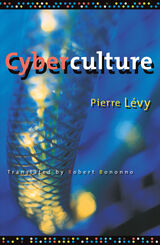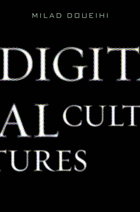Playing Fans: Negotiating Fandom and Media in the Digital Age
University of Iowa Press, 2015
eISBN: 978-1-60938-320-6 | Paper: 978-1-60938-319-0
Library of Congress Classification HM851.B676 2015
Dewey Decimal Classification 302.231
eISBN: 978-1-60938-320-6 | Paper: 978-1-60938-319-0
Library of Congress Classification HM851.B676 2015
Dewey Decimal Classification 302.231
ABOUT THIS BOOK | AUTHOR BIOGRAPHY | REVIEWS | TOC | REQUEST ACCESSIBLE FILE
ABOUT THIS BOOK
Fans are everywhere: from Fifty Shades of Grey to Veronica Mars, from Comic-Con to sitcom, from niche to Geek Chic, fans are becoming the most visible and important audience of the twenty-first century. For years the media industries ignored fans and fan activities, but now they’re paying attention and a lot of money to develop a whole new wave of products intended to harness the power of fandom. What impact do such corporate media efforts have on fan practice and fan identities? And are the media industries actually responding to fans as fans want them to?
In Playing Fans, Paul Booth argues that the more attention entertainment businesses pay to fans, the more mainstream fans have become popularized. But such mainstreaming ignores important creative fan work and tries to channel fandom into activities lucrative for the companies. Offering a new approach to the longstanding debate about the balance between manipulation and subversion in popular culture, the author argues that we can understand the current moment best through the concepts of pastiche and parody. This sophisticated alternative to conceiving of fans as either dupes of the media industry or rebels against it takes the discussion of “transformative” and “affirmative” fandom in a productive new direction.
With nuanced analyses of the Doctor Who Experience in Cardiff, the representations of fans in TV shows like Community and films like Fanboys, SuperWhoLock fans’ use of gifs, and the similarities in discussions of slash fandom and pornographic parody films, this book reveals how fans borrow media techniques and media industries mimic fan activities. Just as the entertainment industry needs fans to succeed, so too do fans need—and desire—the media, and they represent their love through gif fics, crowdfunding, and digital cosplay. Everyone who wants to understand how consumers are making themselves at home in the brave new world being built by the contemporary media should read this book.
In Playing Fans, Paul Booth argues that the more attention entertainment businesses pay to fans, the more mainstream fans have become popularized. But such mainstreaming ignores important creative fan work and tries to channel fandom into activities lucrative for the companies. Offering a new approach to the longstanding debate about the balance between manipulation and subversion in popular culture, the author argues that we can understand the current moment best through the concepts of pastiche and parody. This sophisticated alternative to conceiving of fans as either dupes of the media industry or rebels against it takes the discussion of “transformative” and “affirmative” fandom in a productive new direction.
With nuanced analyses of the Doctor Who Experience in Cardiff, the representations of fans in TV shows like Community and films like Fanboys, SuperWhoLock fans’ use of gifs, and the similarities in discussions of slash fandom and pornographic parody films, this book reveals how fans borrow media techniques and media industries mimic fan activities. Just as the entertainment industry needs fans to succeed, so too do fans need—and desire—the media, and they represent their love through gif fics, crowdfunding, and digital cosplay. Everyone who wants to understand how consumers are making themselves at home in the brave new world being built by the contemporary media should read this book.
See other books on: Digital Age | Digital media | Fans (Persons) | Mass media and culture | Media
See other titles from University of Iowa Press
